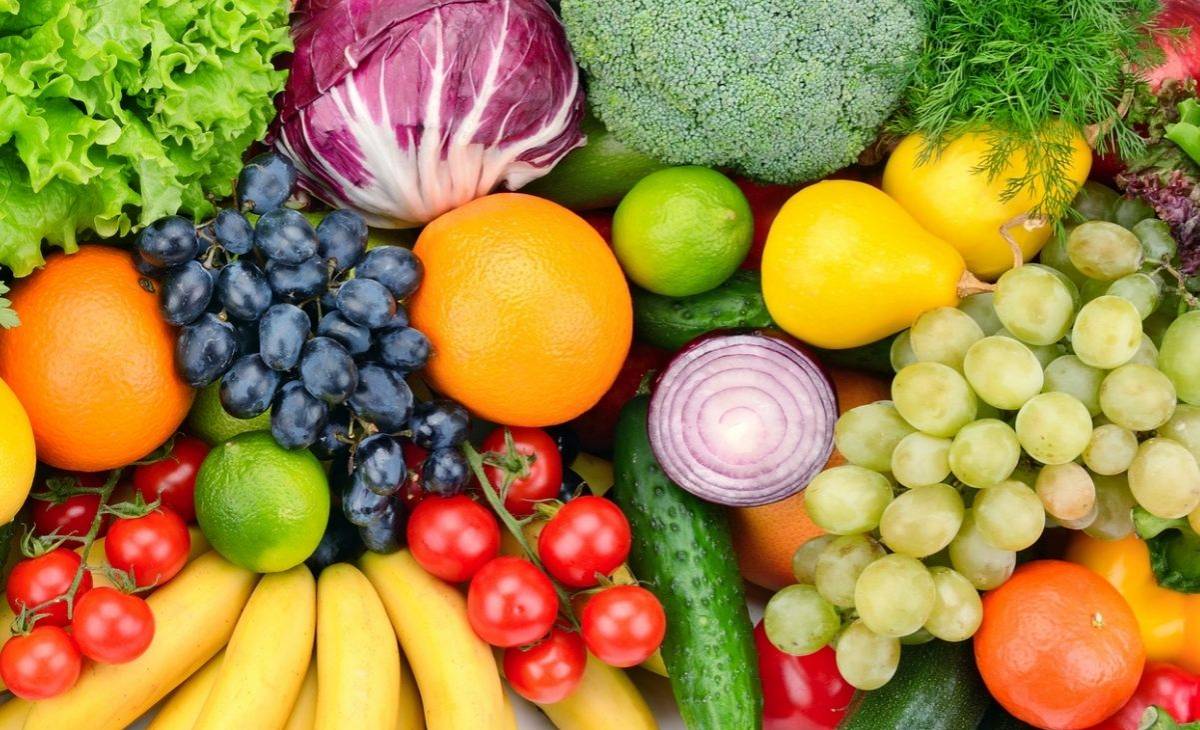Nutritional Benefits of Apricots, Apricots are one of the tastiest summer fruits, but also valuable for our health. Some experts consider them a superfood. They are highly nutritious and packed with essential vitamins and minerals.

Prevention of cancer and other chronic diseases
Beta-carotene, lutein, zeaxanthin and vitamins A, C and E act as antioxidants: natural compounds that shield cells from damage caused by free radicals.
Free radicals are molecules that are unstable because they are missing an electron. They occur naturally in our bodies, but are also caused by external factors, such as pollution and cigarette smoke. Free radicals need an even number of electrons, so… they steal electrons from other molecules in your body. From there, it’s a domino: more and more molecules become unstable, creating a condition known as oxidative stress,” explains Czerwony.
Better vision and eye health; Nutritional Benefits of Apricots
Studies show that vitamin A and beta-carotene, the substance the body uses to make vitamin A, are important for eye health. Beta-carotene is also what gives apricots their characteristic orange color.
Vitamin A and beta-carotene may help:
in reducing the risk of cataracts
in the prevention of night blindness
in reducing the risk of developing age-related eye diseases such as macular degeneration
in reversing vision loss caused by vitamin A deficiency
Also, vitamin E, lutein and zeaxanthin protect against oxidative stress that affects the cells in the eyes.
3. Apricot improves digestive health
One cup of apricots (about 155 grams) has about 3.1 grams of fiber. This gives you almost 10% of the recommended daily amount (for adults aged 19-30).
“Both soluble and insoluble fiber are very important for gut health, and apricots contain both types. Insoluble fiber helps soften the stool in the bowel so you can have more regular, productive bowel movements. Soluble fiber feeds the beneficial bacteria that inhabit your gut (microbiome). plus, fiber helps with weight management because it helps you feel fuller for longer,” says Czerwony.
Studies have also linked good gut health to:
Better blood sugar control
Lower risk of obesity
Reduced risk of cardiovascular disease
But make sure to eat the whole apricot, with its skin: “The skin of an apricot has most of its fibers. You can also increase your fiber intake by eating dried apricots, as they contain about three times more fiber than fresh apricots. But beware: they also have almost six times more sugar,” explains Czerwony.
4. Healthier skin ; Nutritional Benefits of Apricots
Vitamins A and C not only protect skin cells from free radical damage, but vitamin C also helps increase the amount of collagen in the skin. Collagen gives the skin the structure it needs to be strong. “We naturally lose collagen as we age. This results in aging indicators like fine lines and wrinkles. Vitamin C slows down this process, resulting in a firmer and younger-looking skin,” she explains.
Research shows that vitamins C and E can work together to protect the skin from damage caused by ultraviolet (UV) radiation. And in a review of seven studies, researchers found that taking beta-carotene supplements for at least two and a half months helped prevent sunburn.
Other health benefits of apricot: Nutritional Benefits of Apricots
Contributes to the hydration of the body: Apricots are about 86% water. Proper hydration is vital for many aspects of health.
Lowers blood pressure mainly thanks to the potassium it contains. Eating foods rich in potassium, such as apricots, can help prevent
FAQs
What are the main nutritional components of apricots?
Apricots are rich in vitamins, minerals, and antioxidants. Key nutritional components include:
- Vitamins: High in Vitamin A, Vitamin C, and Vitamin E.
- Minerals: Contains potassium, iron, and magnesium.
- Fiber: A good source of dietary fiber.
- Antioxidants: Contains beta-carotene and other phytonutrients.
How many apricots should I eat daily for optimal health benefits?
Eating 3-4 fresh apricots or a small handful of dried apricots daily can provide a good balance of nutrients. However, it’s essential to consider your overall dietary needs and consult with a healthcare professional if you have any specific health concerns.
How do I incorporate apricots into my diet?
Apricots can be enjoyed in various ways:
- Fresh: Eat them as a snack or add them to salads.
- Dried: Include them in trail mixes, oatmeal, or yogurt.
- Cooked: Use them in desserts, sauces, and savory dishes.
- Juice: Drink apricot juice for a refreshing beverage.

